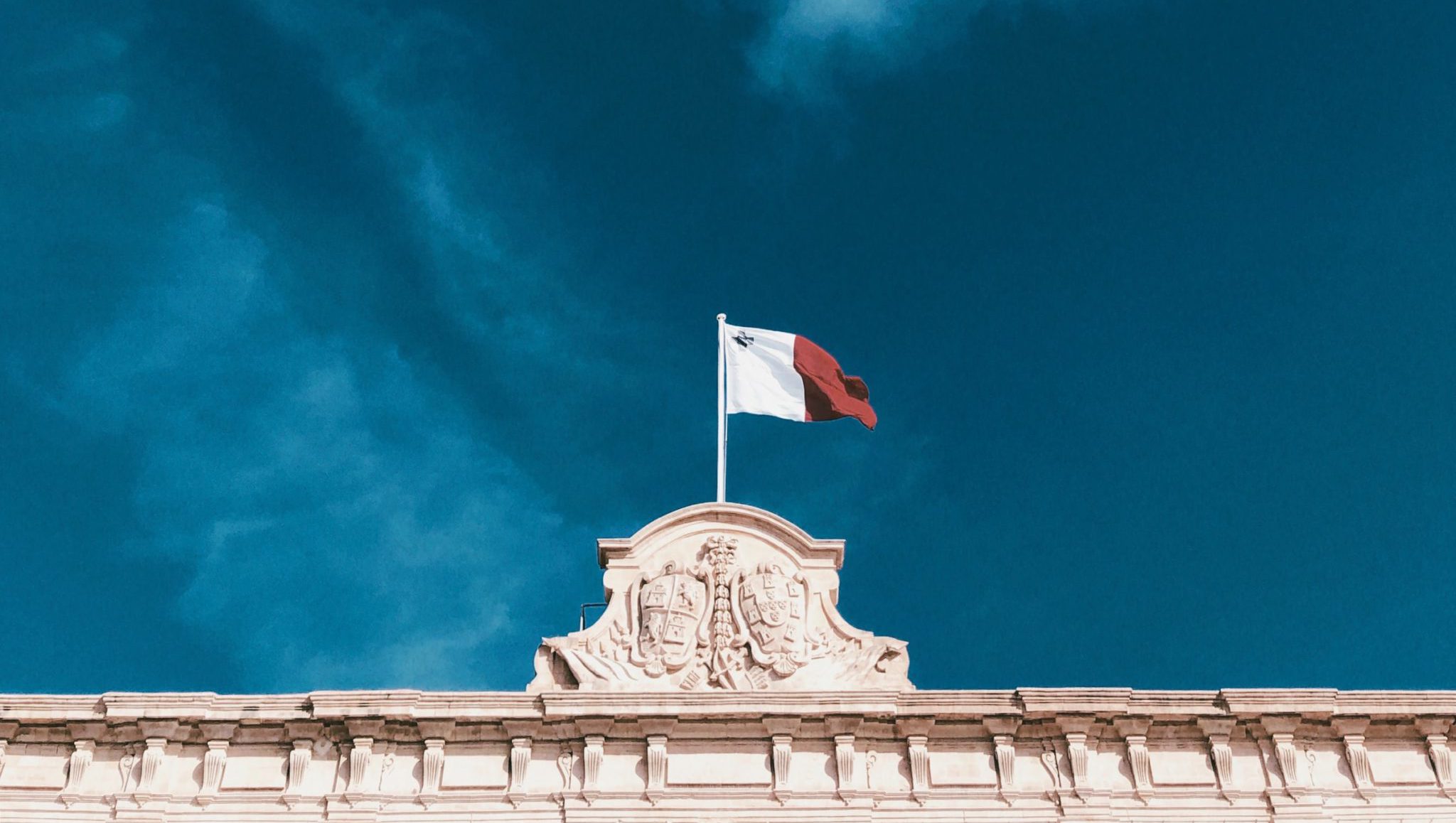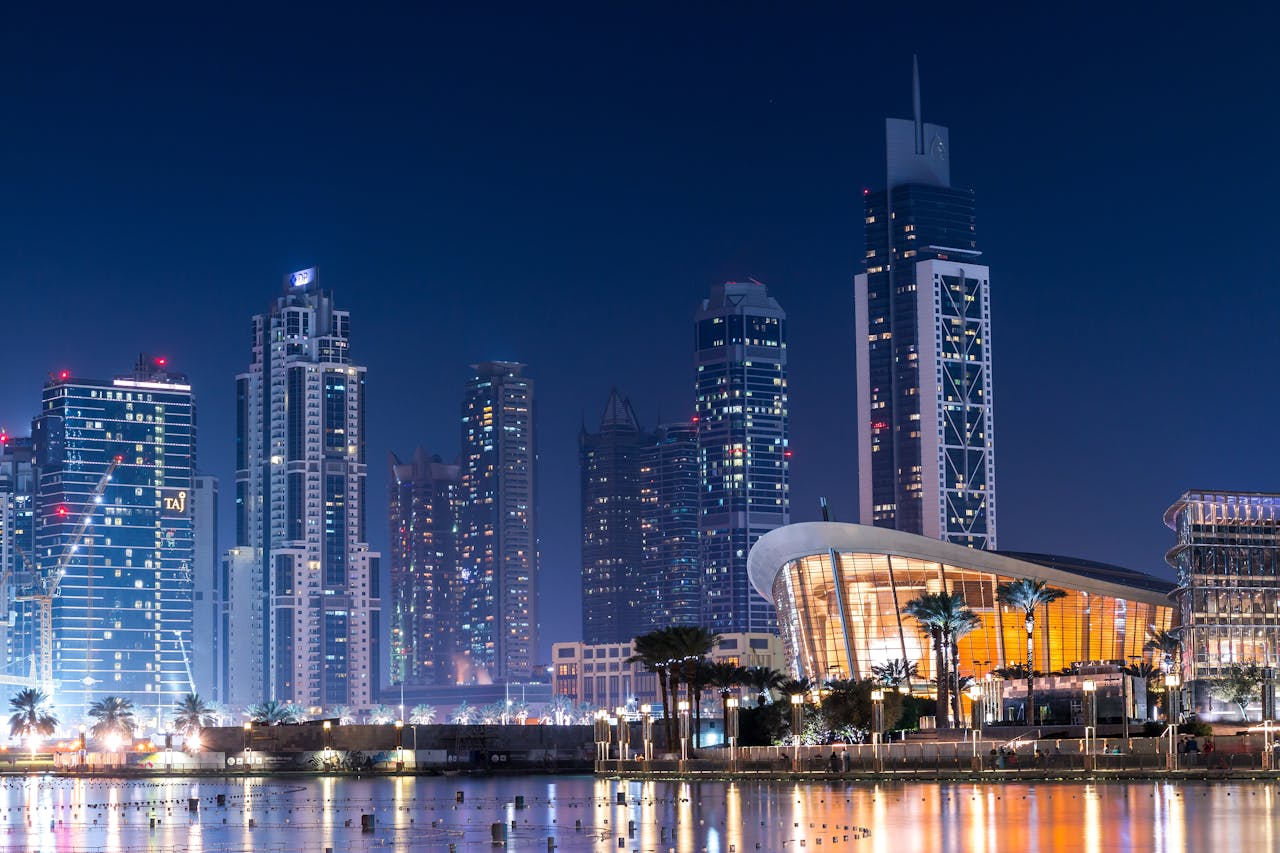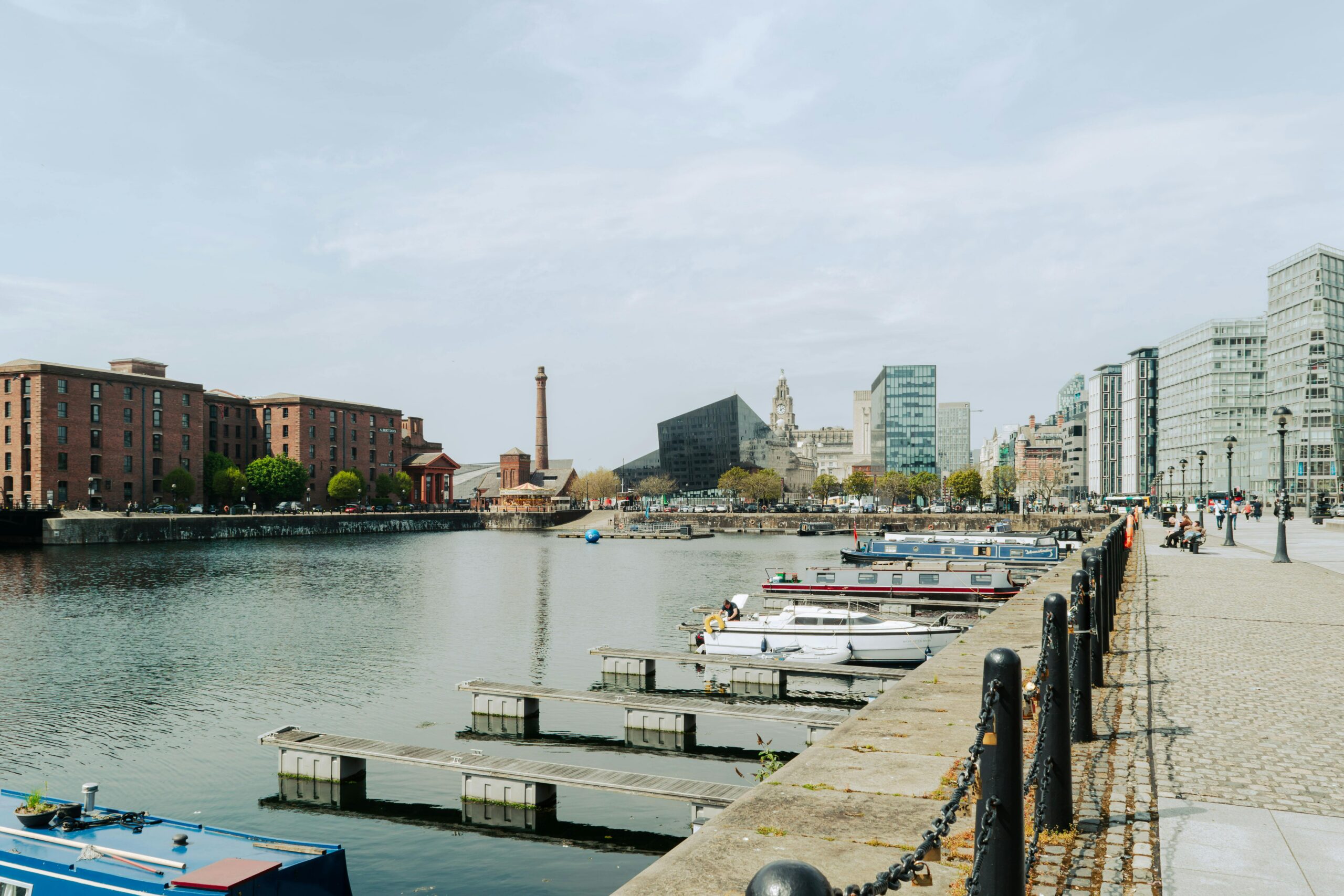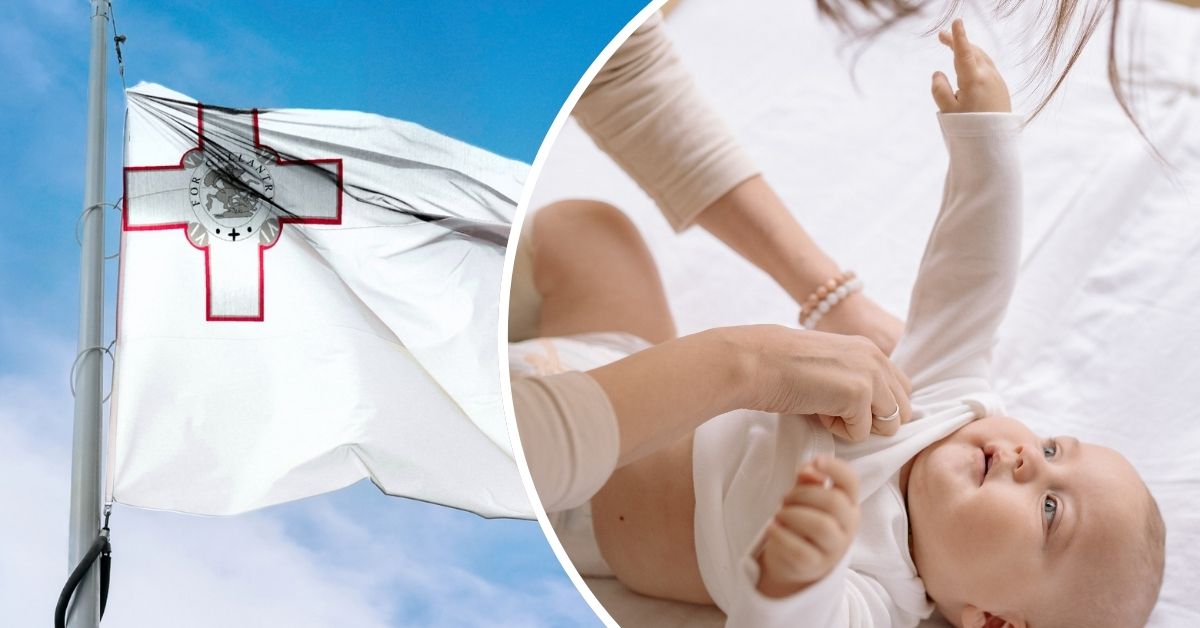Malta has entered into its last week of the 2022 general election campaign, a unique one that has been overshadowed by the Russia-Ukraine conflict, rapid inflation, supply chain issues and the ongoing pandemic.
All locally conducted surveys continue to point towards a big Labour party win, which would be a third consecutive win, while as of Sunday, an unprecedented 21,500 voting documents remained uncollected or undelivered. This represents around six per cent of voters.
On Sunday, both parties held big rallies for their respective party faithfuls. Labour held its event at the MFCC in Ta’ Qali in the form of a concert, with several artists performing ahead of PM Robert Abela and Deputy PM Chris Fearne’s speech.
Labour’s event visibly dwarfed the Nationalist Party Sunday event held in the party’s stronghold of Sliema, which saw PN supporters take up considerably less space on Dingli Street than it has in previous years.
This year’s general election, to be held on Saturday 26th March, is unique in many ways. People and businesses are visibly fatigued with disruptions after two years dealing with COVID-19, and more recently, the Russian invasion of Ukraine and ensuing war has overshadowed the election.
Within the local business community specifically, debates organised by the SME Chamber and The Malta Chamber has seen party leaders Robert Abela and Bernard Grech go head to head on business-related issues.
On the Labour front, its proposal to introduce the right to a basic payment bank account for businesses and self employed, as well as a dedicated office to hear complaints by businesses on the length of time banks are taking to respond to applications appears to have garnered the most support.
Businesses in industries that are perceived to be high-risk, such as gaming and medical cannabis, continue to struggle to receive banking services locally.
On the Nationalist front, its proposal for a trackless tram as a mass transportation system in Malta has certainly received attention from all corners of the island, with many questioning whether it is possible on Malta’s road infrastructure, while others have praised it for being a far less disruptive proposal than the Labour party’s plans for a metro.
Several business-interest groups that spoke to BusinessNow.mt have welcomed what they describe as ‘business-friendly’ electoral manifestos by both parties, but criticised a lack of a long-term vision or plan for Malta.
Dubai airport’s 48-hour shutdown could have cost up to $1 million per minute
The airport is one of the world’s busiest aviation hubs
Call for trade mission for Malta-based businesses to Wales and Liverpool
Interested parties are invited to e-mail TradeMalta by not later than Tuesday 17th March
Malta sets birth rate growth targets after years of decline
Vision 2050 envisages gradually increasing birth rate from 1.01 to 1.3 by 2035






